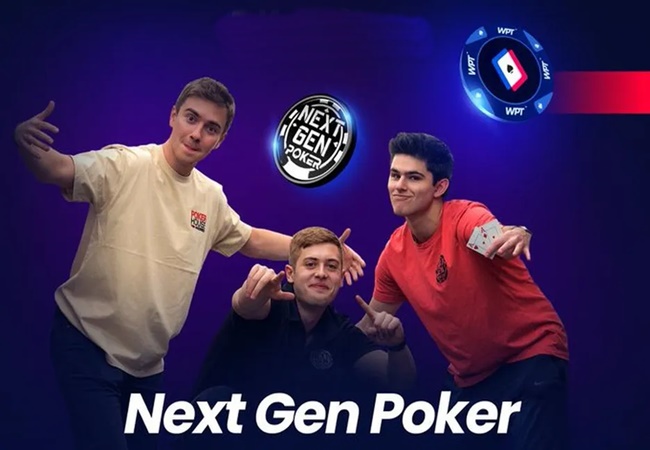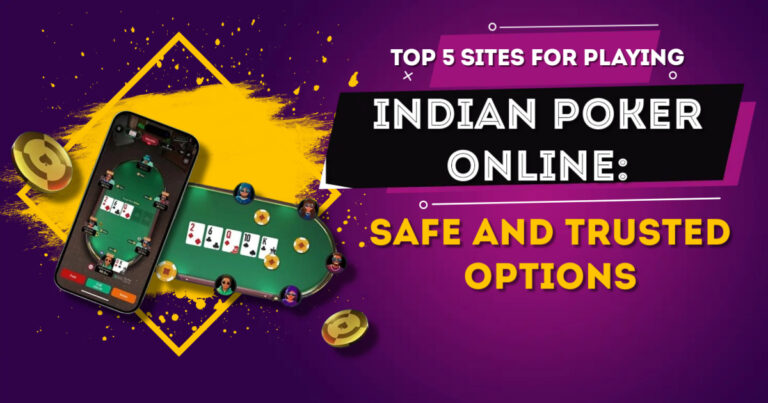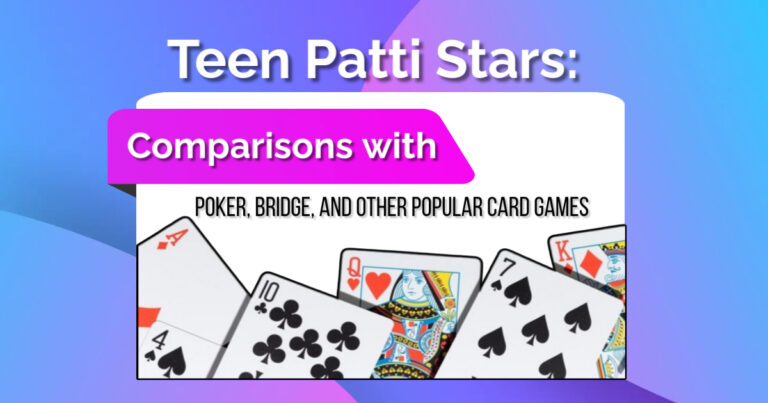Gen Z and Poker: How the Next Generation Is Embracing the Game
Poker games has long been associated with smoky backrooms, gritty casinos, and television broadcasts filled with sunglasses-wearing pros. But the landscape is shifting dramatically — and leading the change is Generation Z, the cohort born between the mid-1990s and early 2010s. This generation, shaped by digital innovation, social media, and a unique set of cultural values, is helping to reshape how poker is played, viewed, and understood.
From Twitch streams to crypto-powered poker rooms, Gen Z’s approach to the game is tech-forward, community-oriented, and driven by a thirst for strategic entertainment. Here’s how and why Gen Z is embracing poker games in 2025.

The Rise of Online Poker Games Among Digital Natives
Gen Z has grown up with smartphones, high-speed internet, and an “always-on” mentality. It’s no surprise that their relationship with poker starts online. Platforms like GGPoker, PokerStars, and newer decentralized poker networks cater to a generation that demands accessibility and fluid digital interaction.
Online poker games allows Gen Z players to learn, experiment, and compete without the pressure or intimidation of a live casino. Tutorials, video guides, and interactive communities provide a low-barrier entry point. In-app challenges and game modes with social mechanics (such as emotes, friend lists, and ranked ladders) appeal directly to this group’s gaming instincts.
The Best Rummy game apps and casual card game crossovers have also introduced many Gen Z users to poker principles, acting as a gateway to more serious gameplay. This merging of traditional card gaming with modern UX/UI design has helped poker feel relevant again.
Social Media, Streaming, and Influencer Culture
Perhaps the most significant driver of Gen Z’s engagement with poker is content — specifically, the kind found on Twitch, YouTube, Kick, and TikTok. Instead of learning the game from books or televised tournaments, Gen Z watches it live, in real time, from personalities they relate to.
Poker games streamers like Lex Veldhuis, Spraggy, and emerging Gen Z creators combine gameplay with entertainment, humor, and chat interaction. This dual engagement (watching and chatting) creates a community-first feel that traditional poker rarely offers.
On TikTok and Instagram Reels, bite-sized poker highlights — dramatic bluffs, insane bad beats, or genius level strategy breakdowns — are racking up millions of views. Poker is no longer a long-form, sit-down commitment; it’s now consumable in 60 seconds or less, in a format that aligns perfectly with Gen Z’s attention span and content preferences—something even Indian Poker Pros are adapting to.
Gamification and Strategy Appeal
Gen Z grew up playing competitive video games like Fortnite, Valorant, and League of Legends, which demand quick decision-making, analysis, and mental agility. Poker games tap into the same part of the brain.
Poker’s blend of mathematics, psychology, game theory, and risk-taking aligns closely with the competitive mindset of Gen Z gamers. It’s not just a game of luck — it’s a battle of wits. “As a result, many Gen Z players—and advocates for women in poker—view poker as a skill sport, not gambling.
The introduction of ranked poker ladders, seasonal tournaments, and achievement-based rewards has gamified the experience even further. Whether it’s climbing the leaderboard or unlocking avatars and badges, these mechanics appeal to a generation raised on video game progression systems.
Crypto and Decentralized Poker
Another area where Gen Z is pushing poker games into the future is through cryptocurrency and blockchain integration. Many Gen Z players are early adopters of decentralized finance (DeFi), NFTs, and crypto wallets — and poker rooms have taken notice.
In 2025, platforms that support crypto-based poker are on the rise. These poker rooms allow anonymous play, near-instant deposits and withdrawals, and international accessibility without banking restrictions. Gen Z’s comfort with digital wallets and crypto tokens makes this transition seamless.
Blockchain technology also promises transparency and fairness in dealing algorithms — addressing long-standing concerns about online poker games integrity.
Diversity, Inclusion, and New Voices
Unlike older generations of poker players, Gen Z is more diverse and inclusive in their expectations and interactions. This is reflected in the growing number of women, LGBTQ+ players, and players of color participating in online and live events.
Poker games influencers from marginalized communities are growing followers on TikTok, Twitch, and YouTube, helping to dismantle the stereotype of poker games as a white male-dominated space. Online poker rooms are also introducing features like anonymous tables and gender-neutral avatars to promote a safer, more welcoming environment.
Gen Z’s inclusive ethos extends to international players as well. With multilingual content and global streaming platforms, poker is reaching new demographics — from Indian Teen Patti Stars expanding into Hold’em, to Latin American Gen Z players forming esports-style poker teams.
Poker Education Goes Next-Gen
Old-school poker games education often involved reading dense books, watching DVDs, or joining expensive private coaching sessions. Gen Z is taking a different approach.
Now, poker games training is interactive and social — from Discord-based study groups to TikTok tutorials with real-hand breakdowns. AI-based coaching tools and real-time HUDs (heads-up displays) provide immediate feedback on hand analysis and decision-making. Apps like Odin, DTO, and GTO Wizard are part of Gen Z’s poker toolkit.
These innovations reduce the learning curve and accelerate improvement, making poker games more attractive as a long-term pursuit rather than a one-time hobby.

Live Poker: A New Kind of Social Scene
Despite their digital roots, many Gen Z players are discovering the joy of live poker. However, they’re not heading to smoky card rooms — they’re attending festival-style events with DJs, food trucks, influencer appearances, and social side games.
Events like the RunGood Series, WPT Global Tour, and Gen Z-targeted hybrid poker rooms mix entertainment with competition. Some venues even combine poker with virtual reality (VR) experiences or gaming lounges, creating poker-adjacent entertainment hubs.
These environments are less about grinding cash games and more about connecting, collaborating, and being seen — something Gen Z values highly.
Challenges and Risks
Despite its growing popularity among Gen Z, poker isn’t without challenges. The line between gaming and gambling can sometimes blur, especially when monetization is aggressive.
Responsible gaming tools and education are essential to help younger players, including celebrities who play, manage bankrolls and avoid developing problematic behaviors. Thankfully, Gen Z is also known for its emphasis on mental health and self-regulation, which could support healthier habits over time.
Regulation is another factor. In regions where online poker remains restricted or unregulated, Gen Z players may gravitate toward grey-market platforms or use VPNs — raising security and legality concerns.
The Future: A Gen Z Poker Boom?
Poker is clearly evolving to meet the tastes, technologies, and values of Gen Z. It’s no longer just a game for the elite or the experienced — it’s becoming a form of strategic social entertainment with global reach.
With this generation embracing hybrid experiences, content creation, blockchain innovation, and inclusive spaces, poker’s next big boom could very well be driven by Gen Z.
As their influence grows, expect the game to become even more digitized, community-centric, and accessible — proving once again that poker isn’t just surviving in the digital age; it’s thriving.








